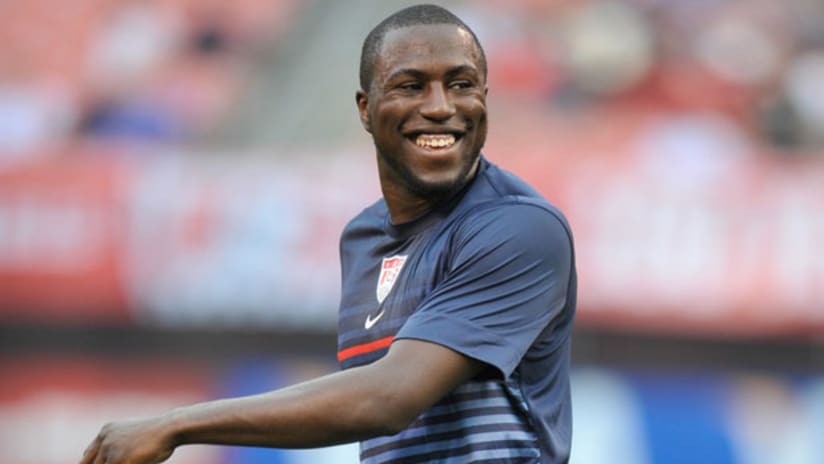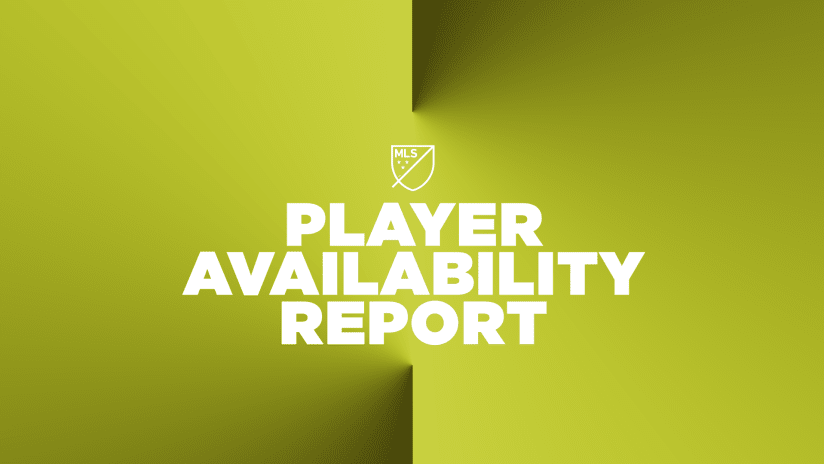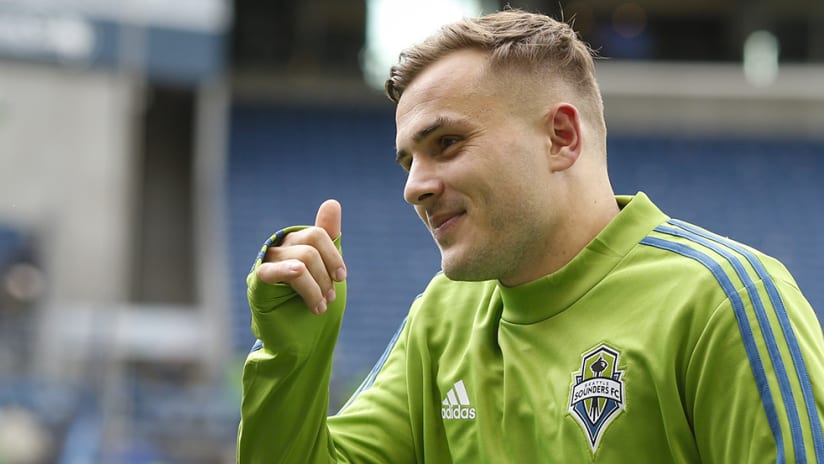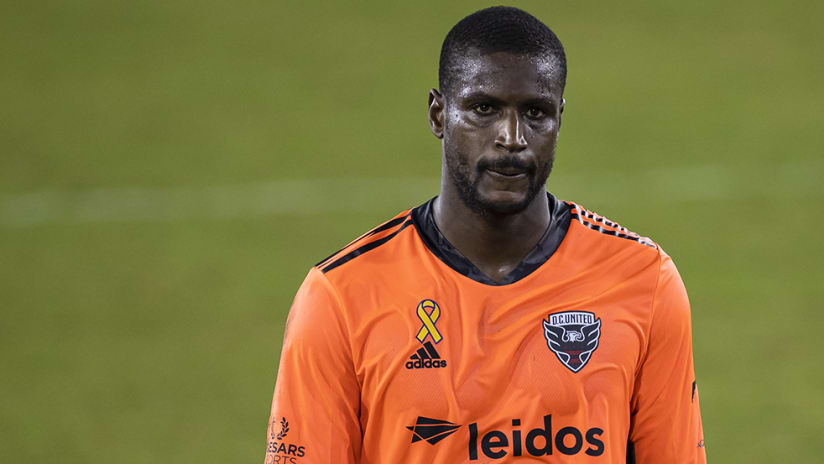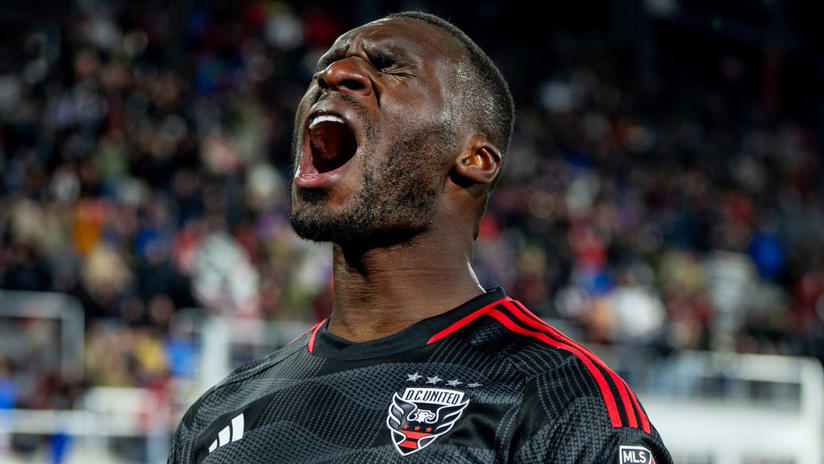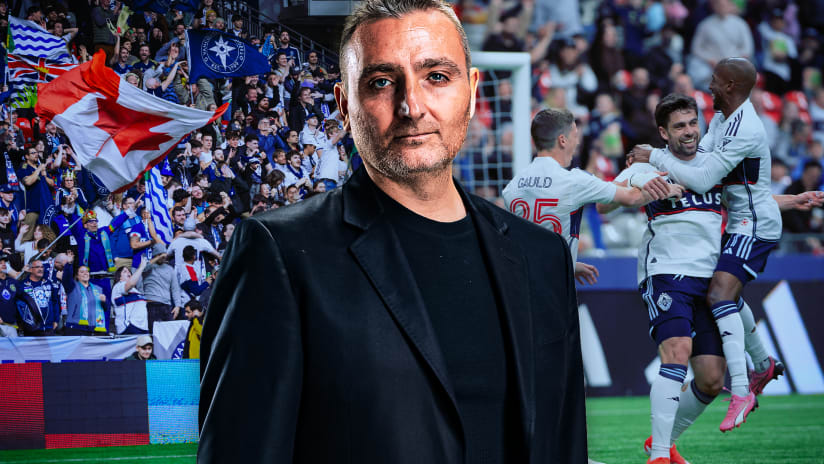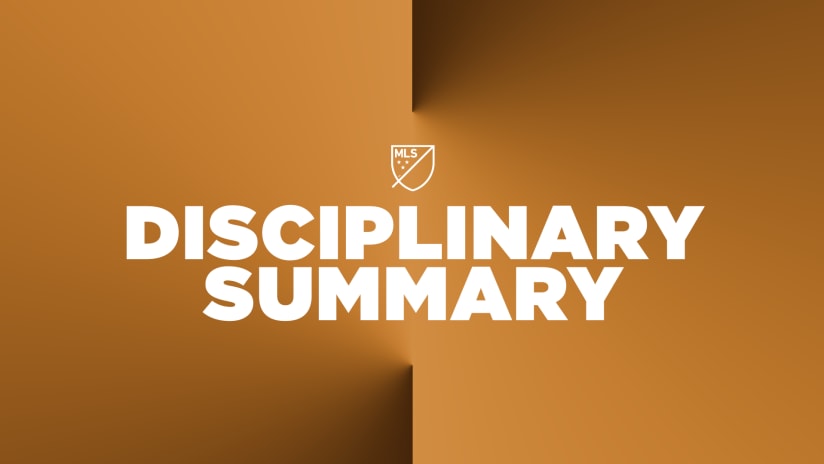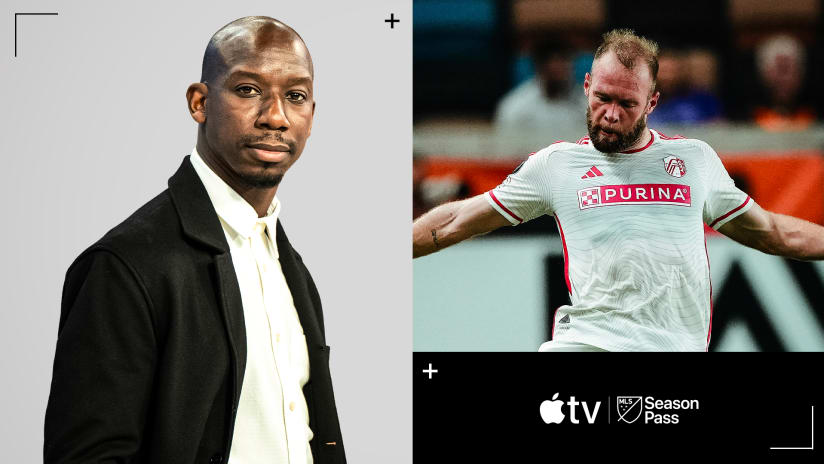EDITOR'S NOTE: This article was originally published on May 22, when Jozy Altidore was struggling with a hamstring injury.
Jozy Altidore last set foot in Haiti more than six years ago, but the nation of his parents’ birth has always occupied a prominent place in his heart.
And while he grew up watching Haitian television, listening to Haitian radio and eating Haitian food, Altidore’s never actually played against Haiti during his 80-game, 27-goal career with the United States national team.
Now, with a hamstring strain ruling the Toronto FC forward out for 4-5 weeks, Altidore faces something of a race against time to be fit for this summer’s Gold Cup, which includes a July 10 group game against Les Grenadiers, a matchup that will hold extra importance for a family that holds their soccer close and their roots even closer.
“I think the fact that they were out of Haiti didn’t take the Haiti out of [my parents], if that makes sense," he told reporters during a conference call prior to sustaining his injury. “We were brought up in a Haitian household in terms of the food we ate, how we were disciplined. Just everything about us was still Haitian, even though we lived in the US.”
“My parents were just so proud of where they came from, and it made us proud of where they came from,” he added. “It was celebrated every day.”
His parents, Giselle and Joseph, left Haiti to escape the reign of Francois “Papa Doc” Duvalier, and met on a New Jersey bus. They had four children and eventually settled in Boca Raton, Florida, but trips back to the island were frequent and Joseph slowly constructed a house for the family in the mountains, one Altidore says he helped build but has not yet seen in its completed state.
Although the 25-year-old’s hectic schedule between club and country has kept him from his parents’ homeland for an extended period, the 25-year-old finds ways to touch the lives of the Haitian people from afar, mostly through his foundation, which lends a hand to underprivileged children.
He went on CNN in 2010 after the devastating earthquake that rocked the country to urge people to donate to relief efforts, and The Jozy Altidore Foundation has contributed thousands to fund scholarships for children and paid for the construction of a fresh-water well in a village lacking easy access to potable water.
Lending a hand to those in need is a responsibility, Altidore said, as both a Haitian-American and someone with the means to help.
“Haiti is a nation that has been under a lot of duress over the past decade and even more beyond that. It’s just always having unfortunate things happen,” he said. “I think it’s the responsibility of countries like the US and other superpowers of the world to look upon nations like that and try to give them a hand.”
Until recently, he assumed most of his efforts were more under the radar in Haiti. That is until he made an appearance on a local radio show, one his father often listened to at home, and found himself inspired by the response.
“I never thought I had type of reach to the people of Haiti,” Altidore said. “I’m finding out now that they’re paying attention to what I’m doing and trying to do in terms of helping them and also as a soccer player. They’re very proud, and that definitely fuels me and excites me.”
Now, should his hamstring heal in time for the July 10 match at Gillette Stadium, he’ll finally get the opportunity to see the two countries that helped create him come together on the field.
“It’s going to be a bit surreal to play in that game, definitely,” Altidore said. “It’ll be a big day for me and my family. I’m sure my parents will be at the game. It will be strange in a lot of ways, but I’m also excited. I’m excited that they got to this stage and they continue to improve. I’m hoping for a good game.”

